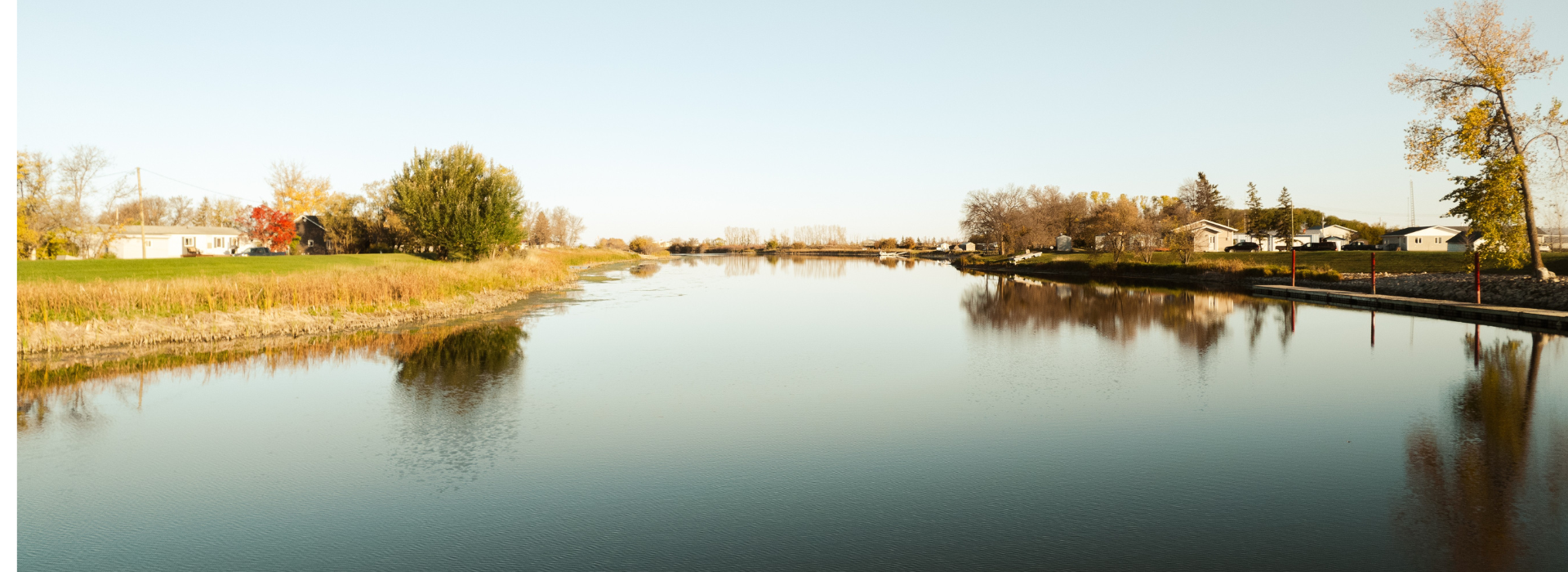
anti-racism and environmental protection
At the Lake Winnipeg Foundation, our mission to improve the health of Lake Winnipeg through advocacy and action is deeply intertwined with our commitment to anti-racism and inclusivity. Understanding the inseparable link between environmental stewardship and social justice guides our approach, ensuring that our efforts to protect Lake Winnipeg are both effective and equitable.
Communities of colour and Indigenous peoples are disproportionately affected by environmental degradation. These disparities are not coincidental: they are the result of systemic racism that has marginalized certain communities, limiting their access to environmental benefits and exposing them to greater risks.
Despite these challenges, the diverse perspectives of communities of colour bring innovative solutions, richer understandings of environmental challenges and more sustainable approaches to conservation.
The knowledge and experiences of communities who have been stewards of the land and waters for generations are essential to effective environmental protection.
Yet historically, the environmental sector has been dominated by a limited perspective that fails to fully embrace the diversity of voices and knowledge systems essential for true stewardship. Exclusive, homogeneous environmental-protection efforts fail to recognize the complexity of social, cultural and historical factors that influence environmental health. The exclusion of Black, Indigenous and people of colour (BIPOC) communities not only undermines the principles of justice and equity, but also deprives conservation efforts of critical insights and knowledge.
An anti-racist approach is necessary to ensure that all voices are heard, valued and integrated into our work to protect Lake Winnipeg. By fostering an open, inclusive community, we can build stronger coalitions that transcend racial and ethnic divides, amplifying our impact and enhancing the likelihood of achieving our shared environmental goals.
Our strategic plan prioritizes inclusivity and equity, steering us towards a more comprehensive approach to freshwater protection. This involves establishing meaningful partnerships with Indigenous communities, diversifying our outreach efforts and ensuring our initiatives are accessible to everyone. Recognizing that we are at the start of our journey, we are focusing on the education of our staff and our board as a first step: providing training opportunities to deepen our understanding of the systemic nature of racism and develop strategies to effectively address the racist conditioning to which we are all subjected. Additionally, we have begun tracking staff and board diversity as a key performance indicator, and updated our hiring practices to reach a broader and more diverse applicant pool.
The journey towards a more inclusive and equitable environmental movement is ongoing. Our commitment to integrating anti-racism into our efforts reflects both a moral and strategic necessity, allowing us to strengthen our ability to address the challenges facing Lake Winnipeg. Supported by a foundation of justice and inclusivity, together we can ensure that Lake Winnipeg thrives for generations to come.